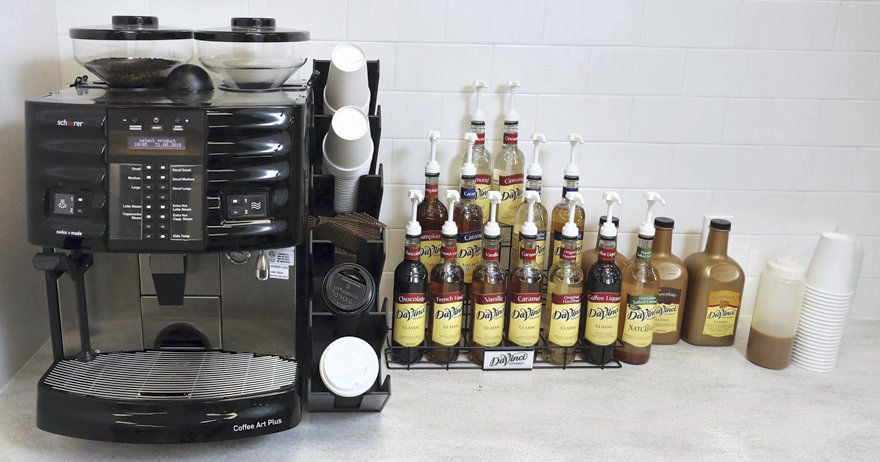

#Juice stop trial
The trial must now be scaled-up to confirm the initial observation that beetroot juice can make a difference." This small study offers hope that this can be prevented. "Thousands of patients each year have to go through the stress of a medical procedure on their heart more than once before it is successful. Professor James Leiper, Associate Medical Director at the British Heart Foundation, said, "Stenting is one of the most crucial tools we have in the fight against coronary heart disease but work still needs to be done to ensure that every patient sees a long-term benefit from the procedure."

"We will now take this to the next stage of trials in the hope that doctors can soon prescribe beetroot juice to ensure stents last longer to provide even more effective relief of symptoms." Our patients liked that their treatment was a completely natural product that has no significant side effects." Krishnaraj Rathod, Clinical Senior Lecturer at the William Harvey Research Institute, QMUL, who led the trial, said, "Experiments in the lab suggested that the inorganic nitrate, which is found naturally in beetroot juice, would have these effects, and it is very encouraging to see it create such a big improvement in the clinic for angina patients. When the blood vessel width of patients was measured six months after stenting, the vessels of those who had beetroot juice showed around half as much narrowing in that time as those who had the placebo treatment.īy stopping restenosis, beetroot juice could stop patients from having to have another PCI procedure that may also fail or a much more invasive coronary bypass surgery.ĭr. By advising that patients drink beetroot juice, doctors could soon reduce the chance that the stent fails in this way. Thousands of coronary heart disease patients each year in the UK have a stent implanted to widen one of the blood vessels in their heart and ease their angina, in a procedure known as a percutaneous coronary intervention (PCI).Īround 10 percent of patients experience restenosis, where the stented blood vessel narrows again and heart disease symptoms return, within five years of a PCI. However, when patients had beetroot juice daily, this dropped to 7.5 percent. The researchers, based at St Bartholomew's Hospital and Queen Mary University in London, found that 16 percent of angina patients had a serious heart or circulatory incident, like a heart attack or need for another procedure, in the two years after having a stent fitted.

It does not store any personal data.The finding on the benefits of the vegetable juice comes from a trial by the National Institute for Health and Care Research and the British Heart Foundation (BHF), presented at the conference in Manchester. The cookie is set by the GDPR Cookie Consent plugin and is used to store whether or not user has consented to the use of cookies. The cookie is used to store the user consent for the cookies in the category "Performance". This cookie is set by GDPR Cookie Consent plugin. The cookie is used to store the user consent for the cookies in the category "Other. The cookies is used to store the user consent for the cookies in the category "Necessary". The cookie is set by GDPR cookie consent to record the user consent for the cookies in the category "Functional". The cookie is used to store the user consent for the cookies in the category "Analytics". These cookies ensure basic functionalities and security features of the website, anonymously. Necessary cookies are absolutely essential for the website to function properly.


 0 kommentar(er)
0 kommentar(er)
